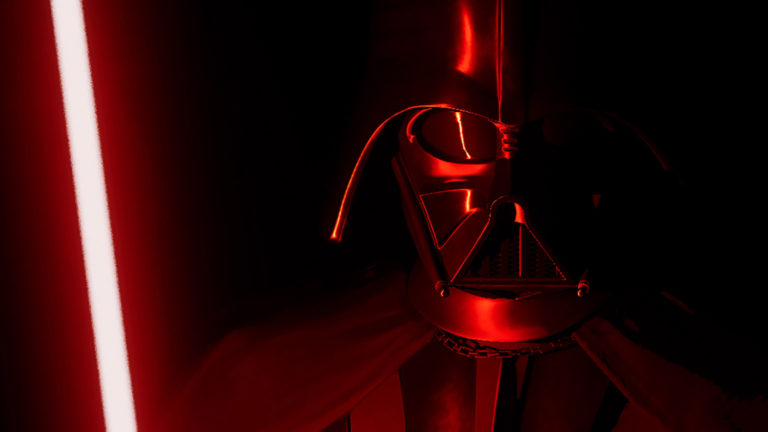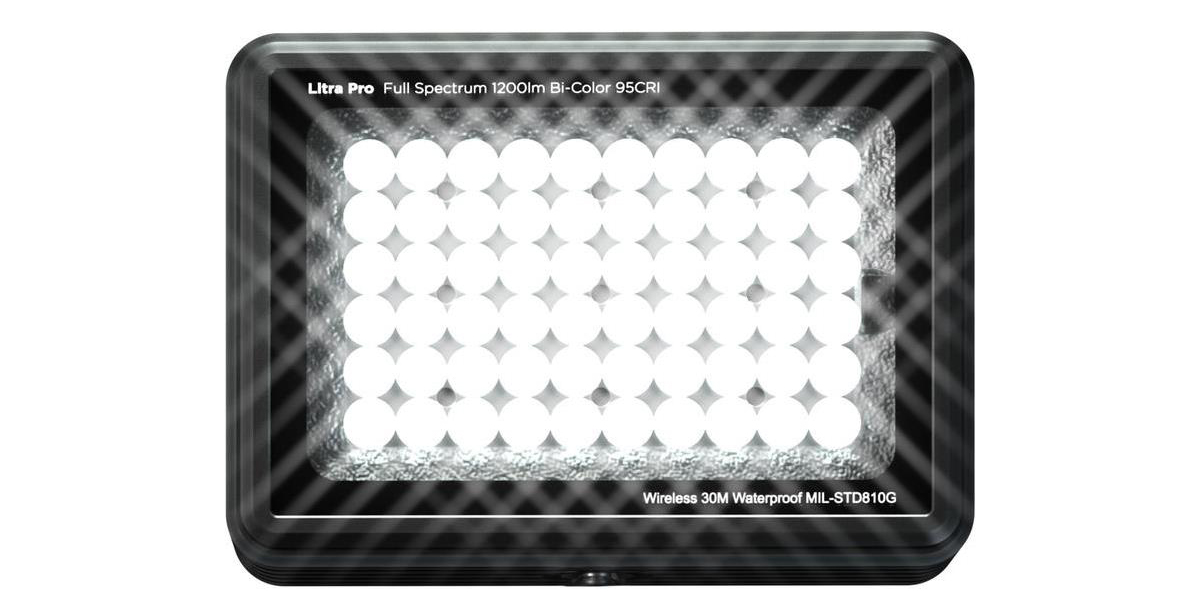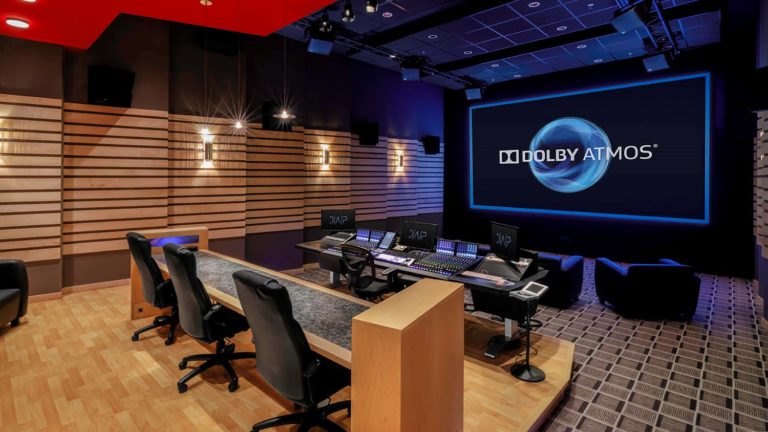My first experience recording sound was in the film unit in the Israeli army. I was always fascinated by movie sound tracks and the army gave me the opportunity to work with professional filmmakers.
What are some changes that you’ve seen in the technology of sound recording since you first started?
When I first started recording sound we used Nagra machines for film and when shooting video the sound mixer had to carry the deck, which was quite heavy. Later on the recorders became smaller and we were finally able to just mix the audio straight to the camera. Wireless microphones had only one fixed frequency and digital recording was unheard of. In general I don’t think that audio capturing has changed that much, but the drastic change is the formats we record on. We are still using many of the same microphones used 15 years ago, but on the other hand, we moved to completely digital recording, which keeps getting smaller and more advanced all the time. I guess the biggest change in sound recording is the ability to portably record multiple tracks on location. The other technology, which advanced a lot is wireless audio transmission. The quality and the range of wireless mics is getting better all the time to the point that we hardly think twice before using a wireless microphone.
Recording sound on a reality show requires a lot of planning. Because of the unpredictably of the reality show’s production, we have to be ready for any scenario that may come up. In order to create a natural environment for the participants, we try to put a wireless microphone on every cast member. Anywhere from 5-25 people could be wearing a wireless microphone simultaneously. Furthermore, in order to be flexible, usually the sound mixer will send the audio mix wireless to be recorded on the camera. All of that means that on a typical reality show, we have to coordinate sometimes up to fifty frequencies to work together at the same time. In the main location a control room (with duplicate receivers) will be set up to allow the creative team to view and listen to content.
What is the role of the “Sound Supervisor” on a reality show?
The role of a sound supervisor, is to set up and coordinate all audio-related matters in the show including planning, installing and executing the desired set up so that the creative team could do their job seamlessly.
What are the challenges that you foresee on this upcoming job? What equipment and techniques are you employing to overcome those challenges?
The biggest challenge we face in my current project is trying to coordinate enough frequencies in the new RF spectrum of digital television, we decided to use only block 19 through block 26 which narrows down our options. the show is being shot in NYC which is a very busy RF environment , and on top of that two weeks before the start day we found out that another reality show will be shooting in the same building, so we had to find a way to for both shows to shoot in close proximity to one another. The solution was using the Zaxcom stereo wireless for sending audio from the mixers to the camera. By using the Zaxcom, we were able to cut the number of frequencies in half because this fully digital system sends two channels of audio over one radio frequency.
The other challenge is recording up to 16 people at once. For that we are using the Metacorder which allows us to record 16 individual tracks to a hard drive.
What do you see for the future of location recording?
The future of location recording is already here,we are already able to record multiple tracks on very compact portable machines. I think media capacity of flash cards is really amazing and it seems that the capacity of cards and drives is getting bigger and cheaper all the time, which will allow for more compact and affordable location recorders. For the wireless microphones , I believe that current digital technology will allow us to condense more wireless microphones in a narrower RF spectrum.
Michael can be reached at soundflowers@gmail.com
Crafts: Audio
Sections: Creativity Technology
Did you enjoy this article? Sign up to receive the StudioDaily Fix eletter containing the latest stories, including news, videos, interviews, reviews and more.










Leave a Reply